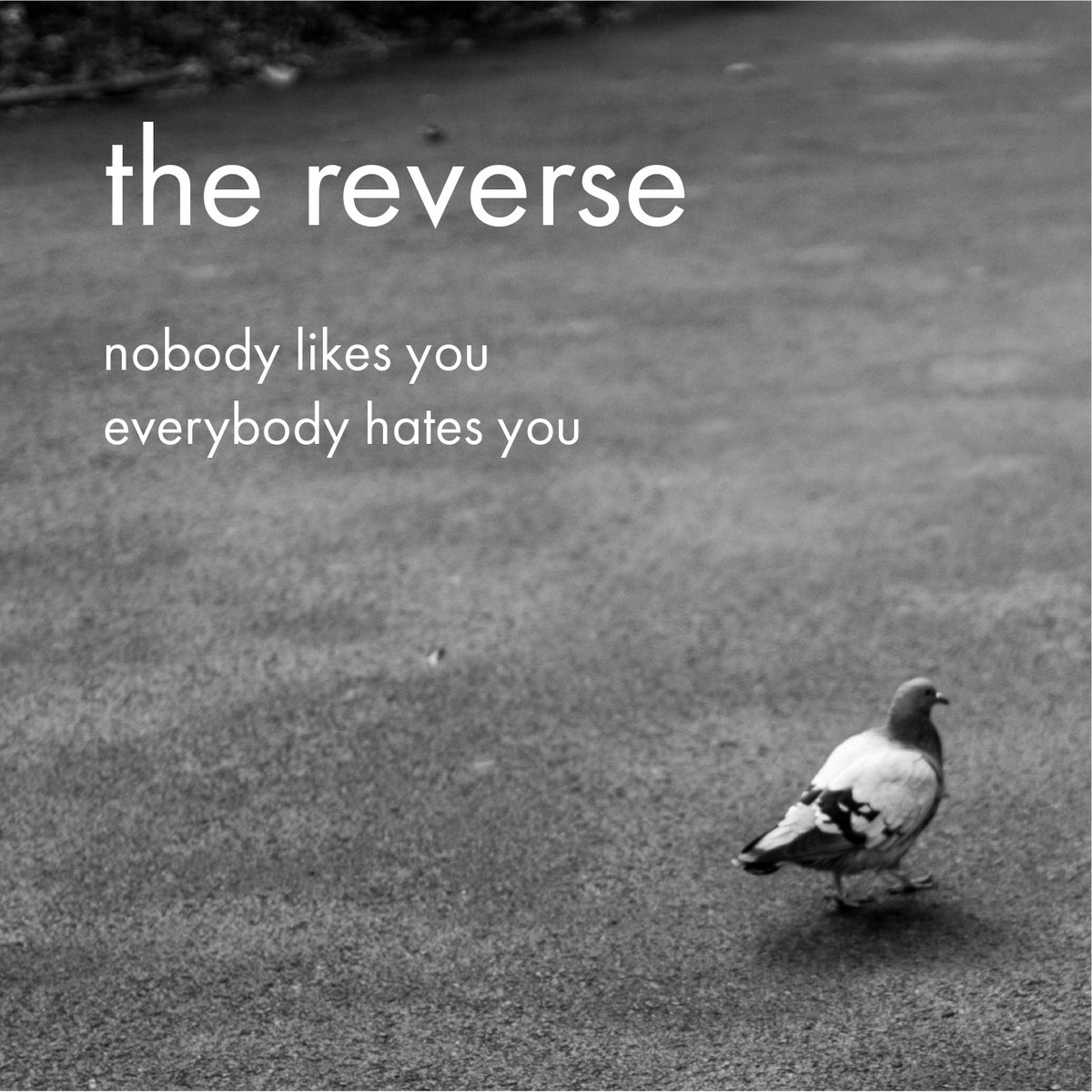Have you ever felt like the whole world is against you? Like nobody likes you, and everybody’s left you to fend for yourself? It’s a heavy feeling, man. That sinking sensation when it feels like you’re alone in this big ol’ universe, like no one understands or cares about what you’re going through. But here’s the thing—loneliness doesn’t have to define you. It’s just a chapter, not the whole story.
Sure, we’ve all been there at some point. Whether it’s after a breakup, losing friends, or even feeling disconnected from family, that voice inside your head can get real loud sometimes. And honestly, it sucks. But guess what? You’re not alone in feeling alone. Millions of people around the globe experience these emotions every single day. The difference is how we choose to handle it.
In this article, we’re diving deep into the topic of loneliness, exploring why it happens, how it affects us, and most importantly, how to rise above it. So grab a coffee, tea, or whatever drink floats your boat, and let’s talk about "nobody likes you, everybody left you." Because hey, maybe by the end of this, you’ll realize that you’re way stronger than you think.
Read also:How Tall Is Melli Monaco Unlocking The Secrets Behind This Rising Star
Understanding Loneliness: What Does It Really Mean?
Loneliness isn’t just about being physically alone; it’s more about feeling emotionally disconnected from others. Imagine sitting in a crowded room full of people, yet still feeling like you don’t belong. That’s the kind of loneliness we’re talking about here. It’s a deep emotional state that can creep up on you when you least expect it.
According to a study by the American Psychological Association, loneliness has become a public health concern, affecting millions worldwide. In fact, researchers found that chronic loneliness can be as harmful to your health as smoking 15 cigarettes a day. Yikes, right? But don’t freak out just yet. Understanding loneliness is the first step toward overcoming it.
Types of Loneliness
Not all loneliness is created equal. There are different kinds of loneliness, each with its own set of triggers and effects. Here are a few examples:
- Situational Loneliness: This type of loneliness is often temporary and caused by specific events, like moving to a new city or starting a new job.
- Emotional Loneliness: This happens when you feel disconnected from loved ones, even if they’re physically present in your life.
- Chronic Loneliness: When loneliness becomes a long-term issue, it can lead to serious mental health problems like depression and anxiety.
Recognizing which type of loneliness you’re experiencing can help you find the right solutions. And trust me, there are plenty of ways to combat it.
Why Do People Feel Like Nobody Likes Them?
Feeling like nobody likes you is a common experience, especially during tough times. But why does it happen? Let’s break it down:
1. Social Comparison: We live in an era where social media rules the game. Seeing others post about their perfect lives can make you feel like yours isn’t measuring up. But remember, those posts are just highlight reels. Everyone has struggles, even if they don’t show them online.
Read also:Erykah Badu Baby Fathers Names The Journey Of Love And Legacy
2. Negative Self-Talk: Your inner critic can be brutal sometimes. If you constantly tell yourself that nobody likes you, you might start believing it. That’s where self-awareness comes in. Learning to challenge those negative thoughts can make a huge difference.
3. Miscommunication: Sometimes, people misinterpret social cues. What you think is rejection might actually be someone having a bad day. Communication is key, and clearing up misunderstandings can go a long way.
Breaking the Cycle of Negative Thoughts
One of the biggest hurdles in overcoming loneliness is breaking free from negative self-talk. Here’s how you can do it:
- Practice mindfulness to stay grounded in the present moment.
- Write down your thoughts and feelings to gain clarity.
- Challenge your assumptions by asking yourself, "Is this really true?"
It’s not easy, but with practice, you can rewire your brain to focus on the positive aspects of your life.
How Loneliness Affects Your Mental Health
Loneliness doesn’t just mess with your emotions; it can also take a toll on your mental health. Studies show that prolonged loneliness increases the risk of anxiety, depression, and even cognitive decline. But why does it have such a powerful impact?
Our brains are wired for connection. When we lack meaningful relationships, our bodies respond by releasing stress hormones like cortisol. Over time, this can lead to inflammation and other health issues. That’s why it’s crucial to prioritize your mental well-being and seek support when needed.
Signs You Might Be Struggling with Loneliness
It’s not always easy to recognize loneliness in yourself or others. Here are some common signs:
- Feeling disconnected from friends and family.
- Withdrawing from social activities you once enjoyed.
- Experiencing frequent sadness or hopelessness.
If any of these sound familiar, it might be time to reach out for help. Talking to a therapist or counselor can provide valuable guidance and support.
Building Meaningful Connections
So, how do you move past the "nobody likes you, everybody left you" mindset? By building meaningful connections with others. But where do you start? Here are a few tips:
1. Join Groups or Clubs: Find communities that align with your interests, whether it’s a book club, hiking group, or volunteer organization. Being around like-minded people can help you form genuine connections.
2. Practice Active Listening: Sometimes, all it takes to build rapport is truly listening to someone else. Show genuine interest in what others have to say, and they’ll be more likely to open up to you.
3. Be Vulnerable: Sharing your own struggles can create a deeper bond with others. When you let your guard down, you allow others to see the real you.
Overcoming Social Anxiety
For some people, building connections can be challenging due to social anxiety. If this sounds like you, here are a few strategies to help:
- Start small by engaging in short conversations with strangers.
- Use positive affirmations to boost your confidence.
- Seek professional help if anxiety becomes overwhelming.
Remember, it’s okay to take things at your own pace. Every step forward is progress.
Self-Care as a Path to Healing
Self-care isn’t just about bubble baths and face masks (although those are great too!). It’s about prioritizing your mental, emotional, and physical well-being. When you take care of yourself, you’re better equipped to handle life’s challenges.
1. Get Moving: Exercise releases endorphins, which can improve your mood and reduce stress. Even a short walk outside can make a difference.
2. Eat Well: Nutrition plays a big role in how you feel. Eating a balanced diet can boost your energy levels and support brain health.
3. Practice Gratitude: Focusing on the positive aspects of your life can shift your perspective. Try keeping a gratitude journal to track the things you’re thankful for.
Creating a Self-Care Routine
Building a self-care routine doesn’t have to be complicated. Start by identifying activities that bring you joy and make time for them regularly. Whether it’s reading, meditating, or spending time in nature, the key is consistency.
When to Seek Professional Help
If loneliness feels like too much to handle on your own, it’s okay to ask for help. Therapists and counselors are trained to support you through difficult times and can provide personalized strategies for overcoming loneliness.
Therapy isn’t a sign of weakness; it’s a sign of strength. By taking the first step toward healing, you’re showing yourself that you matter. And trust me, you do.
Types of Therapy for Loneliness
There are several types of therapy that can help with loneliness, including:
- Cognitive Behavioral Therapy (CBT): Focuses on changing negative thought patterns.
- Group Therapy: Provides a supportive environment to connect with others.
- Online Therapy: Offers flexibility and accessibility for those with busy schedules.
Find a therapist who specializes in the type of therapy that resonates with you. It’s all about finding the right fit.
Final Thoughts: You’re Not Alone
Feeling like "nobody likes you, everybody left you" is tough, but it doesn’t have to define your life. Loneliness is a universal experience, and there are countless ways to overcome it. By building meaningful connections, practicing self-care, and seeking professional help when needed, you can rise above the challenges and find happiness again.
So, what’s next? Take one small step today toward improving your well-being. Whether it’s reaching out to a friend, joining a new group, or simply practicing gratitude, every action counts. And remember, you’re way stronger than you think. Keep pushing forward, and don’t give up on yourself.
And hey, if you found this article helpful, drop a comment below or share it with someone who might need to hear this message. Let’s spread the love and support each other through life’s ups and downs. You’ve got this!
Table of Contents
- Understanding Loneliness
- Why Do People Feel Like Nobody Likes Them?
- How Loneliness Affects Your Mental Health
- Building Meaningful Connections
- Self-Care as a Path to Healing
- When to Seek Professional Help


